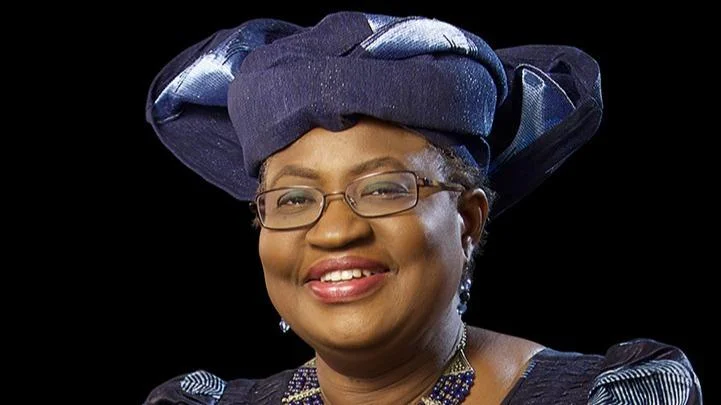The World Trade Organization (WTO) has released its 2024 World Trade Report, emphasizing the transformative role of trade in reducing poverty and fostering shared prosperity. WTO Director-General Ngozi Okonjo-Iweala highlighted this point in her foreword, stating, “Perhaps the biggest takeaway from the report is its reaffirmation of trade's transformative role in reducing poverty and creating shared prosperity — contrary to the currently fashionable notion that trade, and institutions like the WTO, have not been good for poverty or for poor countries, and are creating a more unequal world.”
DG Okonjo-Iweala further noted that there is still much to be done to make trade and the WTO more effective for economies and people left behind during globalization over the past three decades.
The report presents data showing a strong link between participation in international trade and reduced income disparities among economies. Between 1996 and 2021, countries with high trade shares in GDP experienced faster growth in low- and middle-income economies compared to high-income economies. Additionally, membership in the WTO or its predecessor, the General Agreement on Tariffs and Trade (GATT), has increased trade between members by an average of 140 percent. Economies undergoing rigorous WTO accession negotiations grew 1.5 percentage points faster during their accession period.
Further analysis indicates that reductions in trade costs from 1995 to 2020 led to a 20 to 35 percent faster income convergence between low- and middle-income economies with high-income ones.
Contrary to popular belief, the report found a weak correlation between trade openness and within-country income inequality based on a comparison of the 2021 Gini inequality index and trade openness index of 157 economies. Although income inequality remains high, it is not systematically linked to trade and import competition.
However, challenges remain as many economies with weak trade participation and high commodity dependence have been left behind. From 1996 to 2021, low- and middle-income economies that grew slower than average high-income economies represented 13 percent of the global population, primarily located in Africa, Latin America, and the Middle East. These lagging economies tend to engage less in international trade, receive less foreign direct investment, rely more on commodities, export less complex products, and have fewer trading partners.
“Less trade will not promote inclusiveness, nor will trade alone,” stated WTO Chief Economist Ralph Ossa. “True inclusiveness demands a comprehensive strategy — one that integrates open trade with supportive domestic policies and robust international cooperation.”
The report underscores the need for such a comprehensive strategy that includes vocational training, unemployment benefits, education for a skilled workforce, competition policy ensuring consumer benefits from lower prices, reliable infrastructure, well-functioning financial markets, reducing trade costs, bridging the digital divide, updating WTO rules for services and digital sectors. Greater international cooperation is also necessary to address evolving challenges crucial to future trade.
The full World Trade Report 2024 can be downloaded from the WTO website along with an executive summary. Printed copies are available through the WTO Online Bookshop. DG Okonjo-Iweala and Mr. Ossa are launching the report at the 2024 WTO Public Forum.

